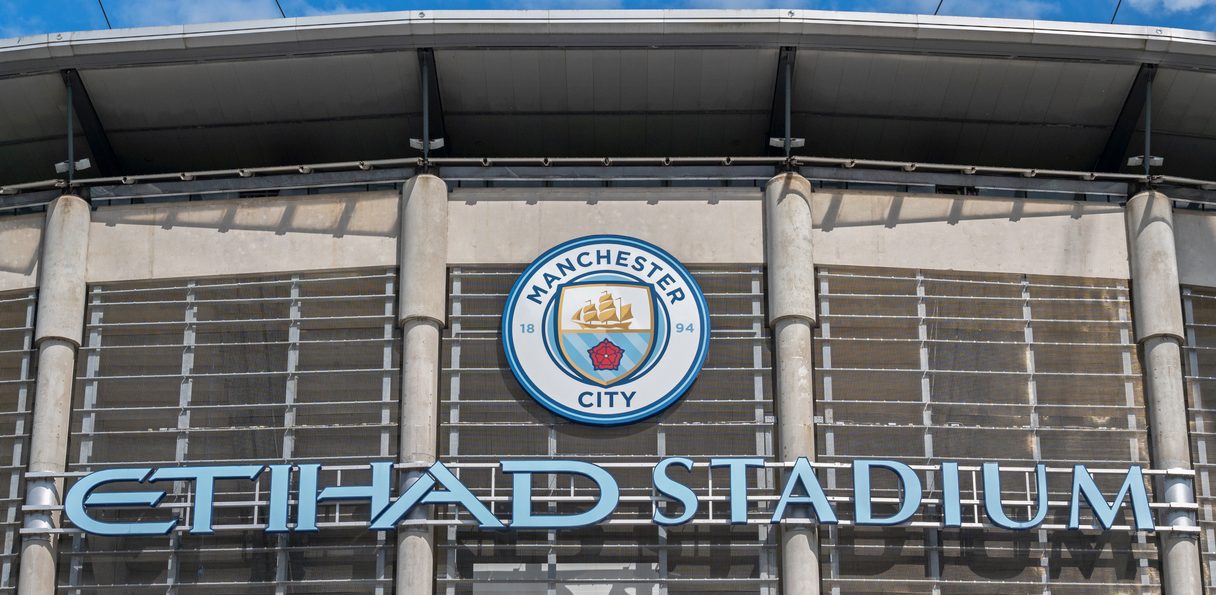European footballer Neymar da Silva Santos Júnior, commonly known as Neymar, is caught up in a recent dispute with former club Barcelona over a loyalty bonus that was included in a contract signing last year. Below Ruth Kennedy of 2 Temple Gardens clarifies the legal grounds for Barcelona’s claim.
Earlier this month, Neymar moved to Paris Saint-Germain for a world record deal worth nearly €500m. However, this was despite Neymar signing a contract extension with Barcelona in October 2016; agreeing to stay at La Liga until 2021. Part of this €500m included the €222m release clause which was required under the contract to bring Neymar’s contract to an early end.
Barcelona is now demanding damages and the repayment of the loyalty bonus paid to Neymar upon the renewal of his contract – a claim that in total amounts to at least €8.5 million. They are also asking for an additional 10% payment on account of the delays in satisfying the demands.
Release clauses
In Spain, release clauses are mandatory so that every player is able to buy out their own contract. In compliance with Spanish law, Neymar was required to personally pay his release clause, which was set at €222m. When Neymar’s representatives first tried to make the payment to do this, La Liga officials attempted to refuse the payment, with President Javier Tebas stating that the deal infringed Financial Fair Play regulations. However, the payment was subsequently accepted and it seems it was a valid payment.
Release clauses are not required in almost all other jurisdictions, including England and Wales. While it is always open to a club or player to suggest the insertion of such a clause into a player’s contract, clubs will generally be very keen to avoid them. This is for the very reason that Spain insists that they are included; they enable players to renege on their agreement with the club. The way that clubs have historically tried to ensure that this does not happen is by setting the release clause at a high figure. For example, Cristiano Ronaldo, Real Madrid player and two-time winner of the Ballon d’Or, is reported as having a release clause of €1bn, increased to this amount when he signed a new contract in November 2016. When the figure is set as high as this, in reality it will be unaffordable because of Financial Fair Play regulations. Neymar’s figure was probably at the limit of what would be acceptable.
The bonus payment
Barcelona is founding their claim on a “breach of contract”. However, as noted above, Neymar terminated the contract by invoking and satisfying a release clause which was part of the contract itself. As a matter of English contract law, depending on the precise wording of the contract, it would appear that Barcelona’s claim lies on shaky ground. The purpose of the release clause is to enable a player to walk away from a club when they so choose and can front up the money. It would be strange if, without a clause to that effect, the player was also required to repay a discretionary bonus. This would amount to an even higher release clause. If, however, there is something in the contract that states that the bonus is repayable should Neymar seek to take advantage of the release clause, then Barcelona will have a much stronger claim. In any event, Paris Saint-Germain has said that it will be held responsible for any fee payable for breach of the contract, so Neymar is unlikely to go out of pocket.
Barcelona has been embarrassed in the past by litigating against former officials. Fans will recall the case brought against President Juan Laporta, in which Barcelona sought to hold Laporta personally liable for alleged losses during his mandate; however this claim was dismissed. Regardless of the merits of the claim, this type of behaviour does not do wonders for team morale, or paint the club in a great light for prospective players. Bringing in a replacement has already proved difficult, despite the cash that they have received as part of the transfer. The initiation of proceedings against Neymar will hardly help things.




















